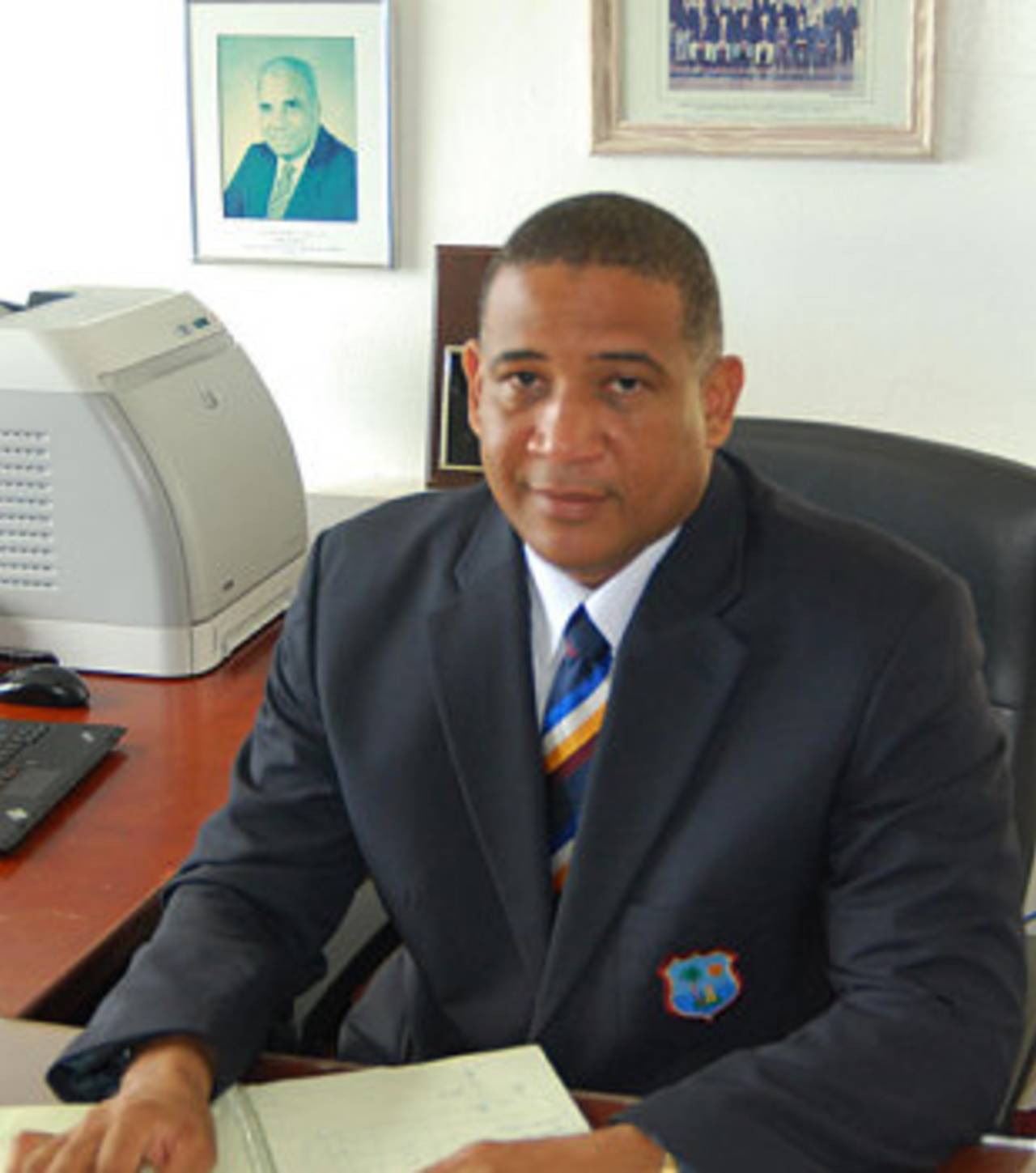In a fresh episode of disagreement, the West Indies Cricket Board (WICB) has reacted with "disappointment" to the West Indies Players' Association's (WIPA) public call for a
longer first-class season and claims that there had been no consultation with the board on the schedule. The WICB, instead, has decided to cut back on the number of matches in the upcoming season as a result of limited financial resources.
The two parties had been involved in a
bitter contracts dispute that led to senior players boycotting the Test series against Bangladesh, before reaching a compromise that paved the way for the selection of a full-strength squad for the tour of Australia.
Last week, Dinanath Ramnarine, the WIPA president, had reiterated the proposal made in the WIPA's
15-Point Development Plan for West Indies cricket. "West Indies first-class season should be made up of two rounds of matches with a minimum of 12 four-day games per year played alongside the international series. One round is insufficient in this modern era of cricket. We have seen that in recent years," Ramnarine was quoted in the WIPA's official website.
Reacting to the statement, WICB's CEO Ernest Hilaire said the WIPA was undermining the compromise reached between the two parties and creating ground for yet another public dispute. "My instinctive reaction to the release was one of disappointment with the President of WIPA," Hilaire said in a statement. "After the recent dispute with WIPA, it was publicly expressed by the WICB that it would be seeking to establish a relationship based on mutual trust, respect and co-operation. As CEO, I expressed a desire for maturing our relationship by moving from a situation where every disagreement or difference becomes a public spat.
It is unfortunate that behaviour patterns cannot change so easily and as WIPA has not gotten its way on this matter, it seeks public announcement of its position and creates the context for a public fight. It is ironic that WIPA is calling for a meeting and doing so not through the established and respected procedures but through the public medium."
The "fundamental issue", Hilaire said, was the threat of a deadlock in the event of disagreement by either party. "The situation is that WIPA requested a minimum of 12 rounds as stated in the WIPA release and WICB expressed that in accordance with its strategic objectives it was not possible to host 12 rounds in 2010," he said. "Once WIPA establishes its minimum requirements which remain in variance to the WICB position, who has the final call? If it is WIPA to make the final call, then consultation or agreement with WIPA in reality becomes a veto by WIPA on any proposal made by WICB."
The 2010 domestic season will feature seven rounds of matches including day-night fixtures. Though the first-class season last year was expanded to 14 rounds and the fees for players and officials increased despite the absence of a sponsor, Hilaire said a similar format for the upcoming year was unsustainable. "It begs the question - how can this be sustainable especially with the cricket development agenda increasing? As I said earlier, in an ideal situation there should be an expanded round and hopefully that can be achieved sooner rather than later."
Some of the savings from organising the next domestic season, Hilaire said, would be invested in other projects such as the A team programme, developmental tours and the High Performance Centre. "This can only be achieved if we use our limited resources efficiently and effectively and hopefully an active "A" Team programme will be more efficient and effective use," he said. "The net effect is that the best regional players will not have any decrease in first-class cricket but rather increase and at a higher level. Further, they will be exposed internationally and learn to play under different conditions even before reaching Test level."
Hilaire acknowledged there would be objections to WICB's plans but urged dialogue with the WIPA in an attempt to proceed with the understanding reached after the contracts dispute. "I am conscious that there will be objections to the changes in the four-day tournament," he said.
"I was warned that it reduces earnings for players and officials since they are paid per match, that territories would lose their home advantage and that decision making was proceeding too quickly. However, I am also conscious of the policy directions of the Board which requires that we do not remain in our comfort zones. The cricketing world has moved so far ahead of us that we need to take a giant leap forward, trying new and better ways of doing things. It is always easy to do new things but more difficult to determine that they are better. We need to be brave and trust our innate capacities to be creative and innovative. We will fail sometimes but that is a lot better than never trying.
"I am anxious to engage WIPA in dialogue and discourse on the various issues facing West Indies cricket not in an antagonistic and hostile manner but with respect and regard for each other's role. We have reached the point where it cannot be business as usual. We have to move forward and there must be no reverse gear."
